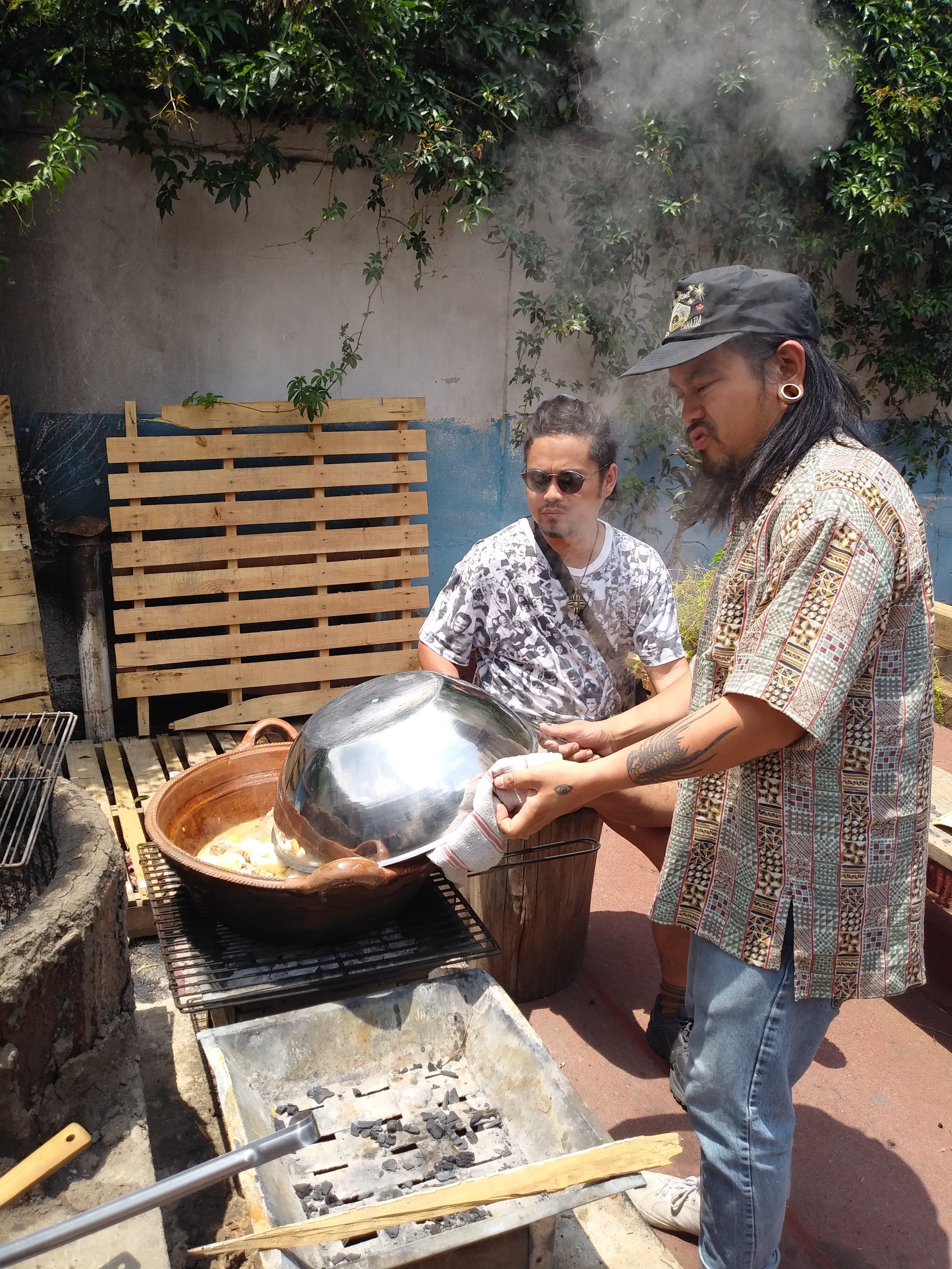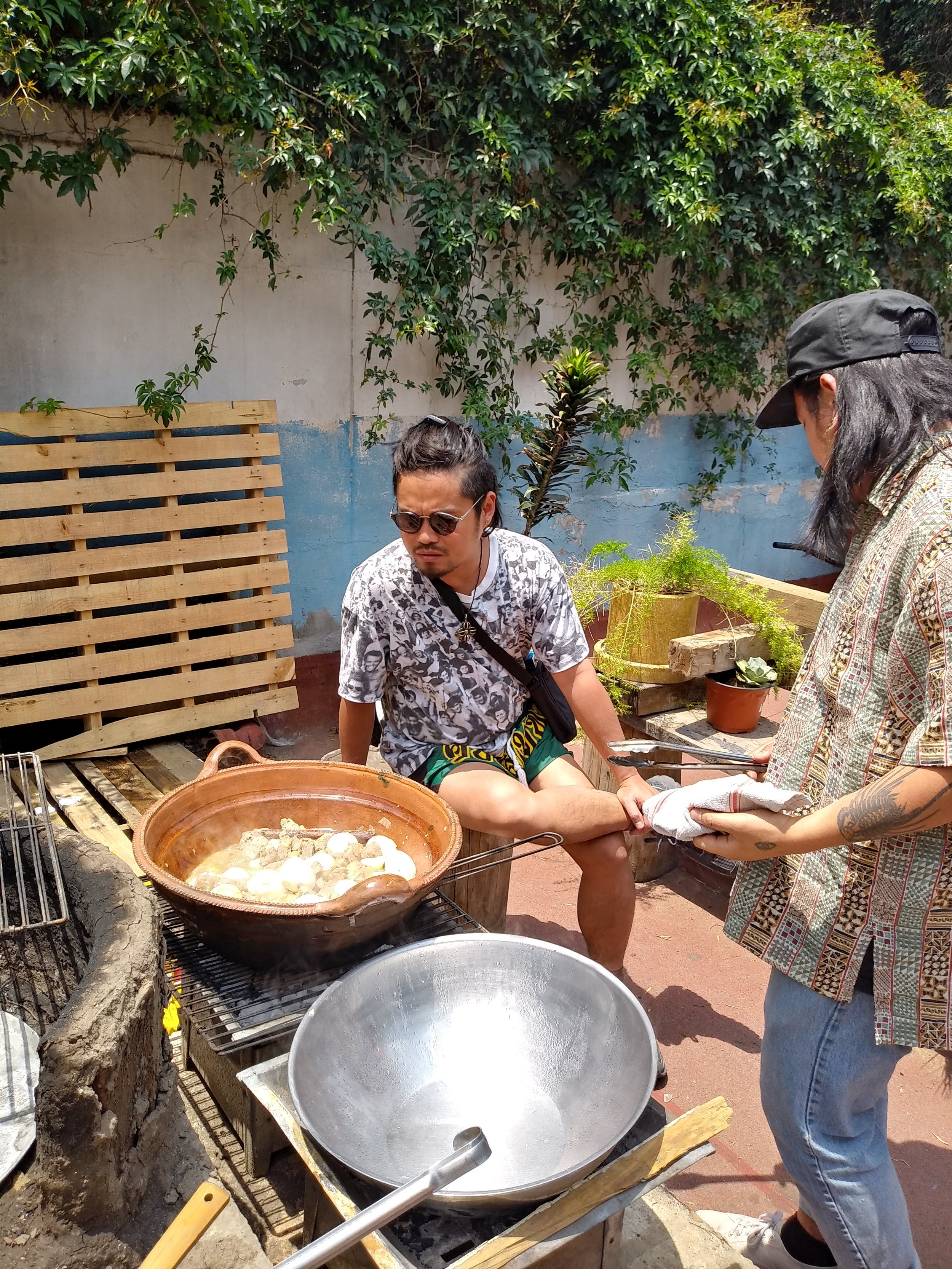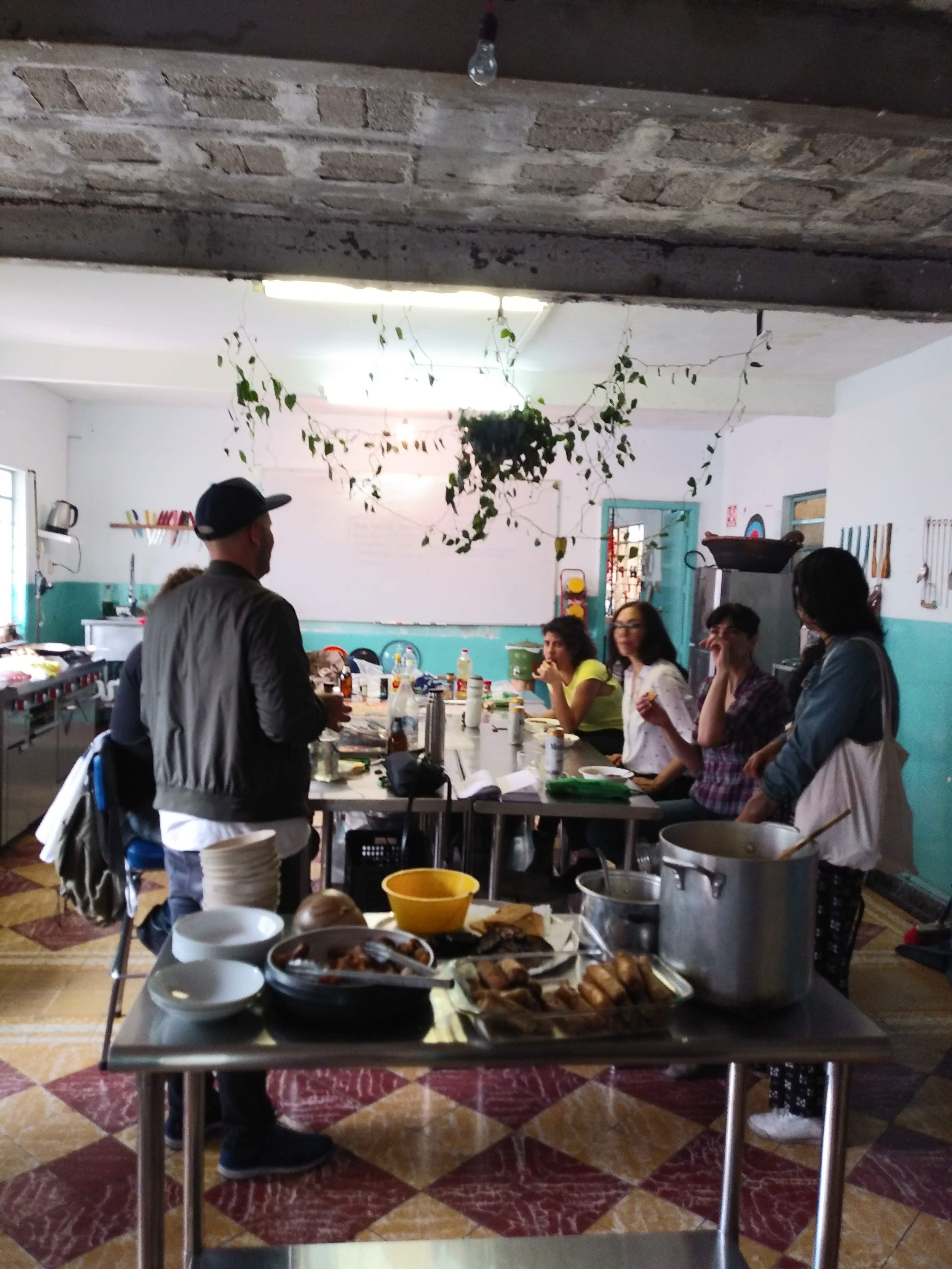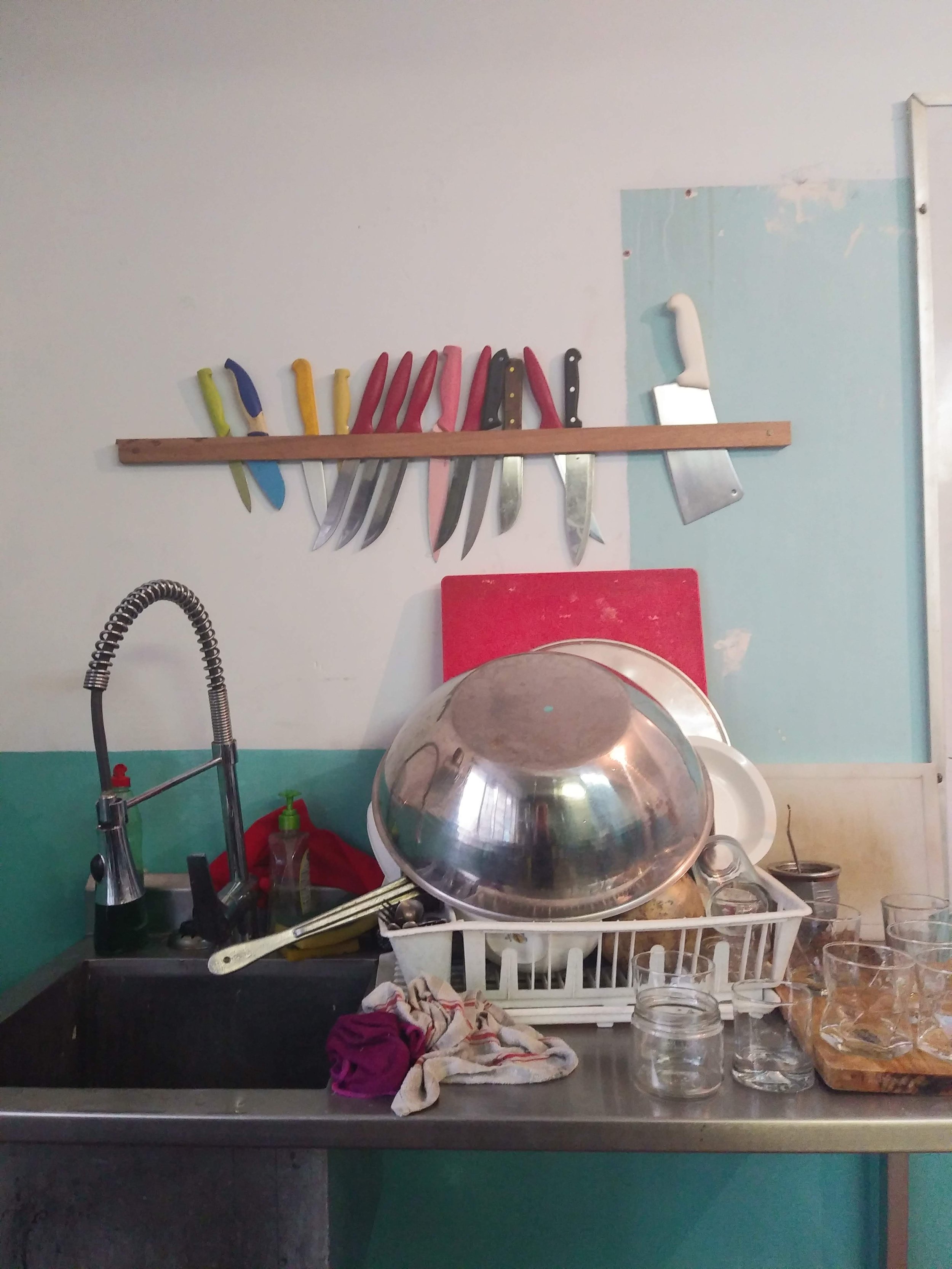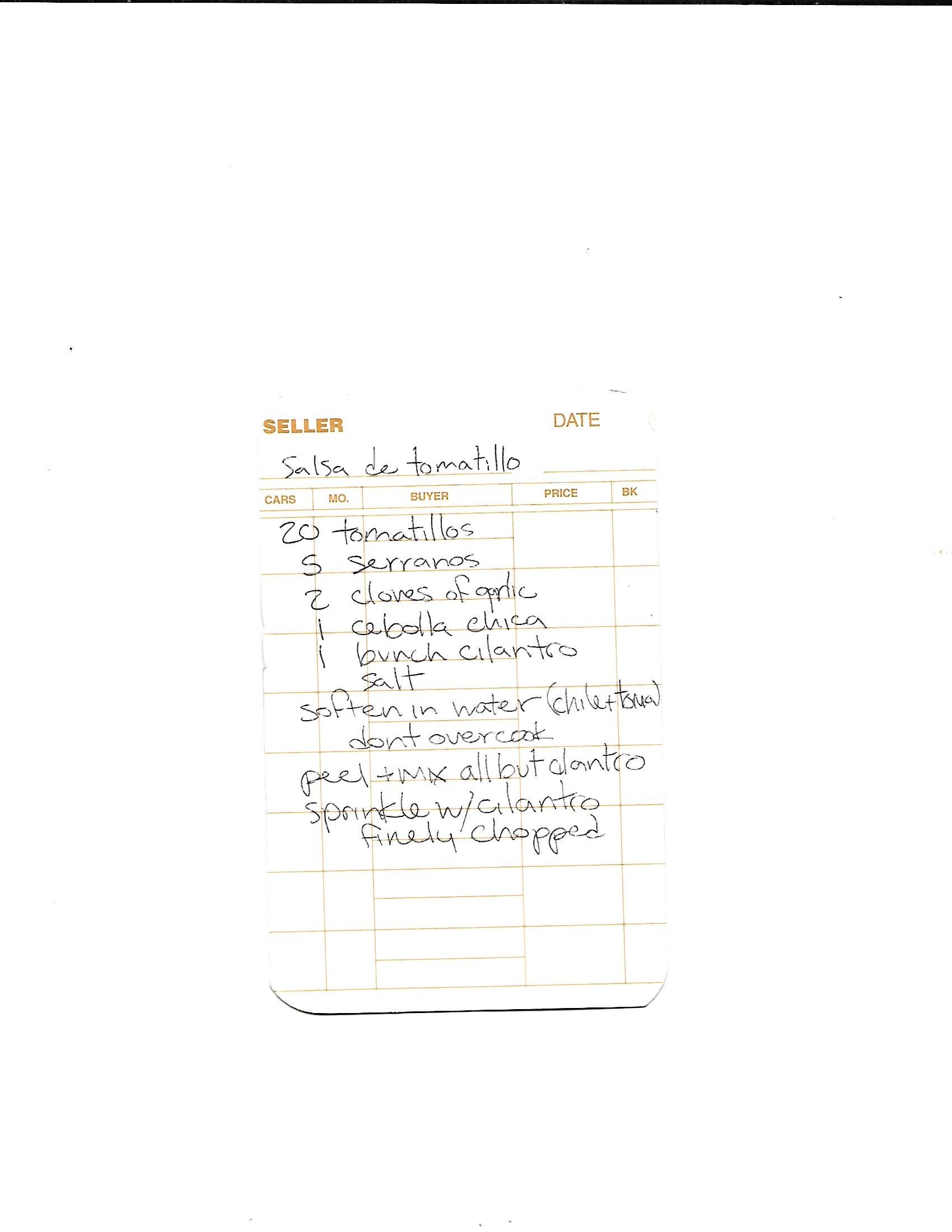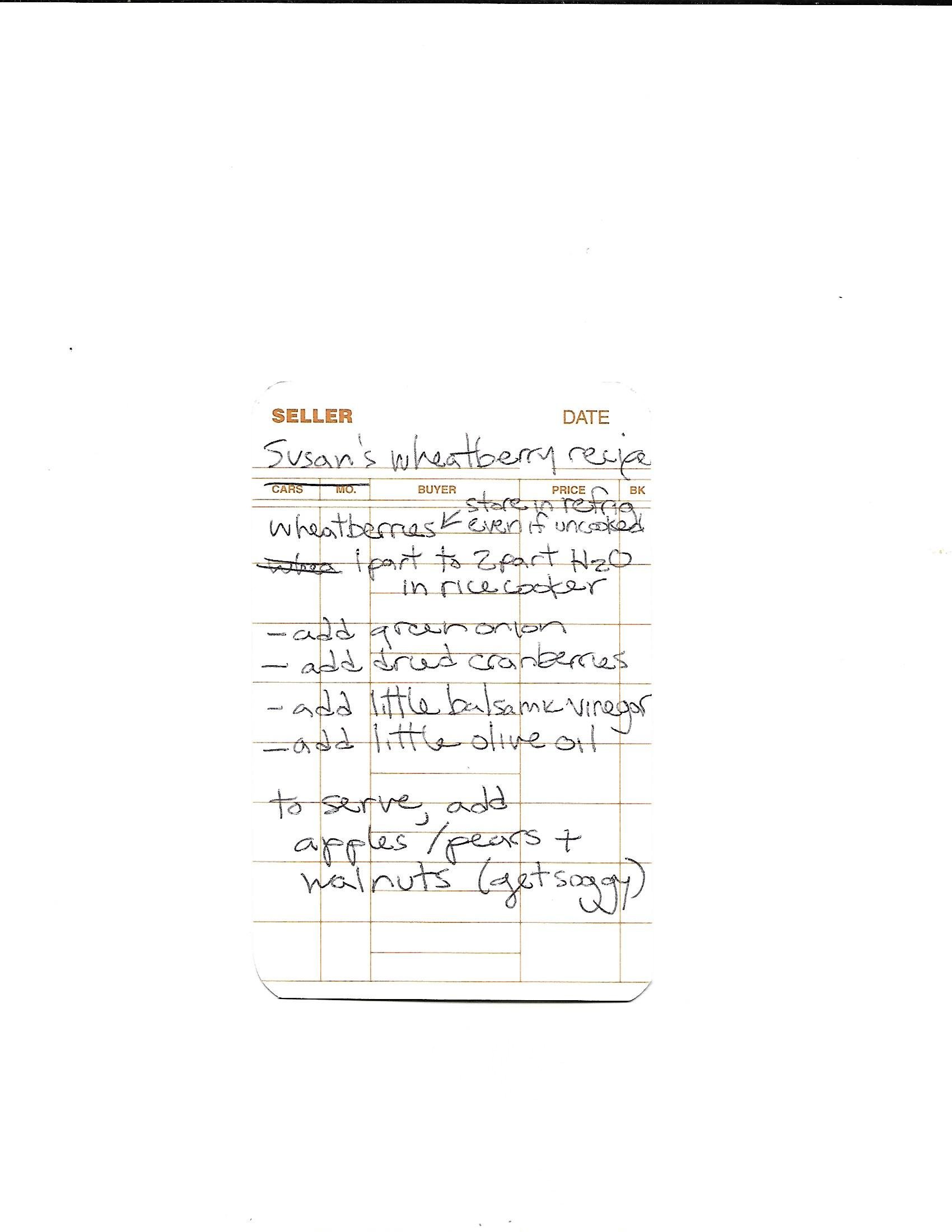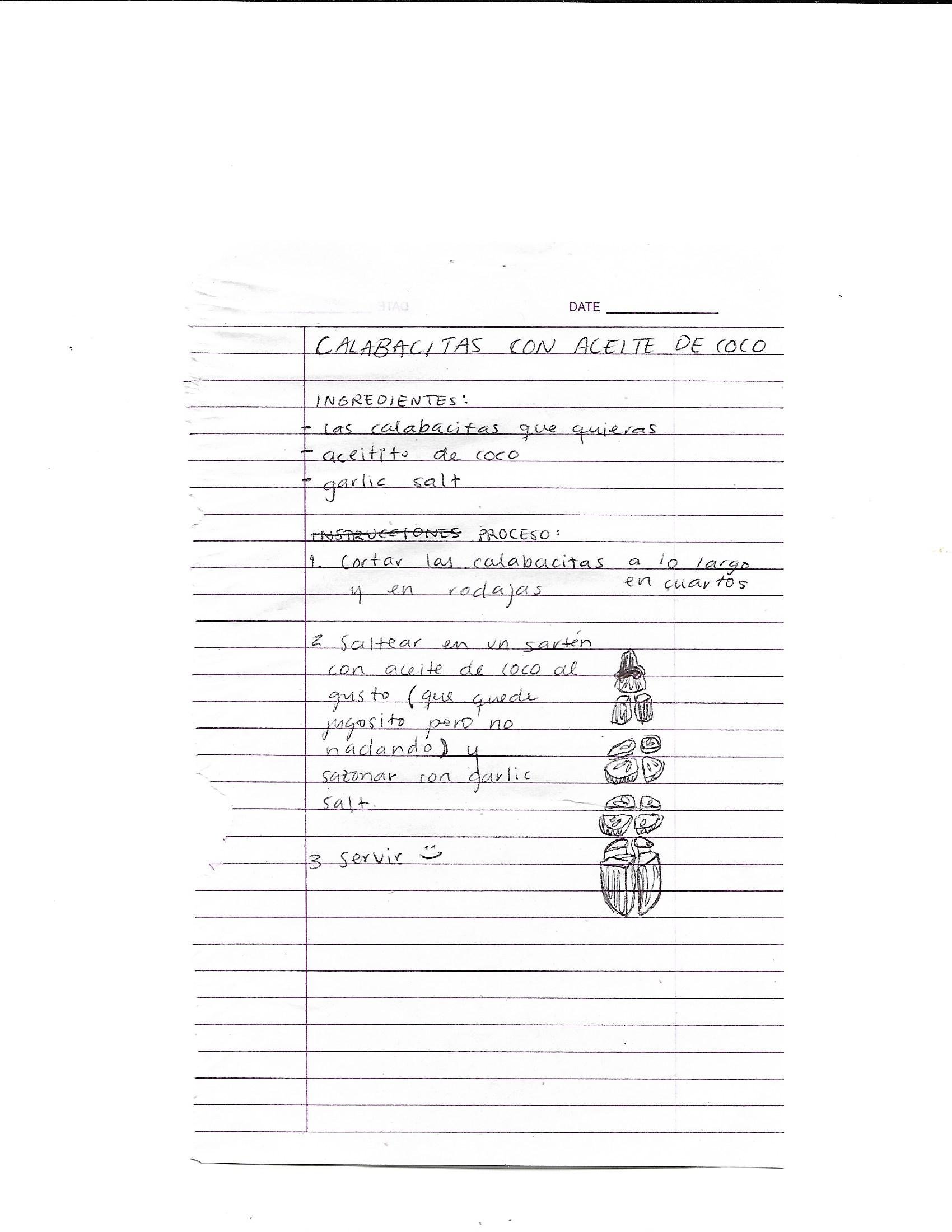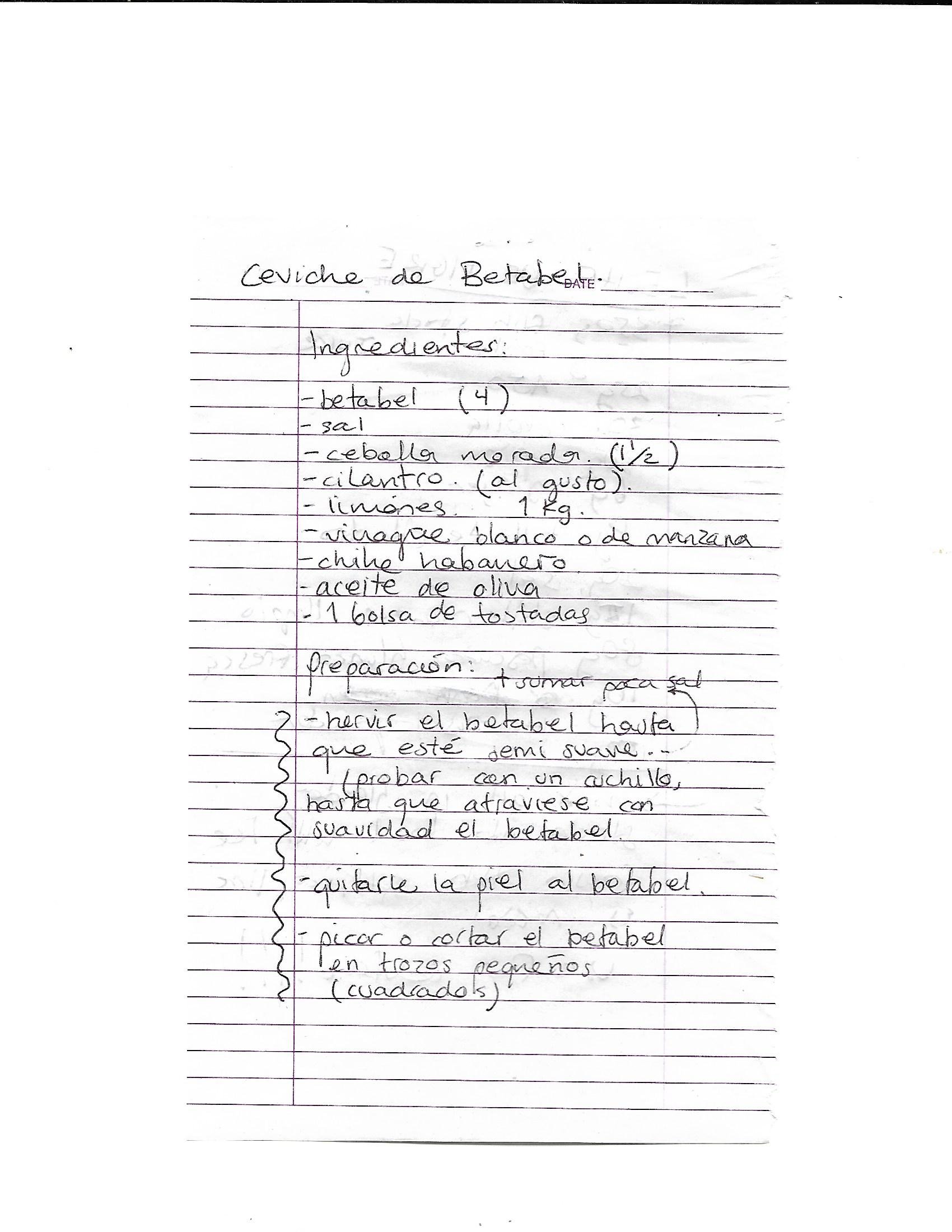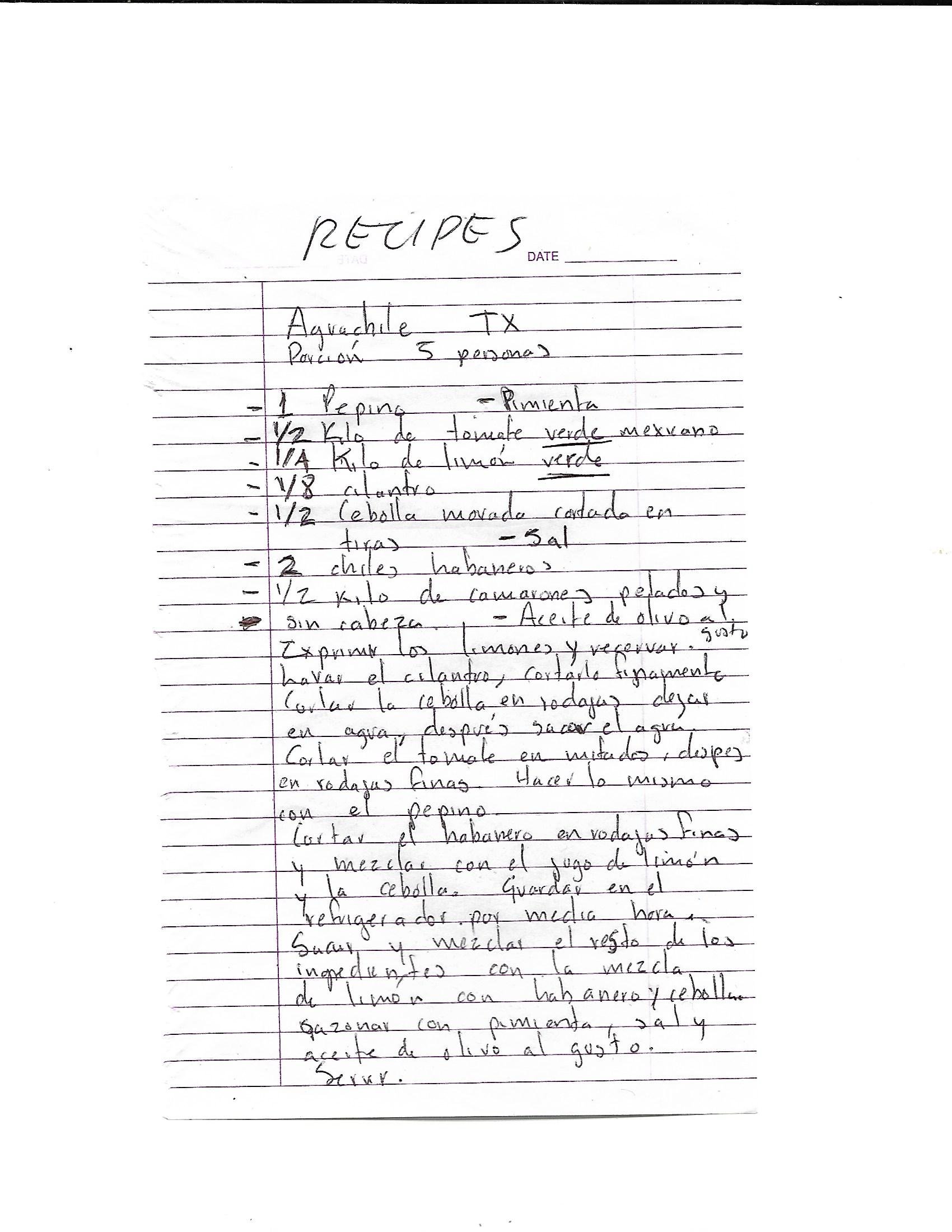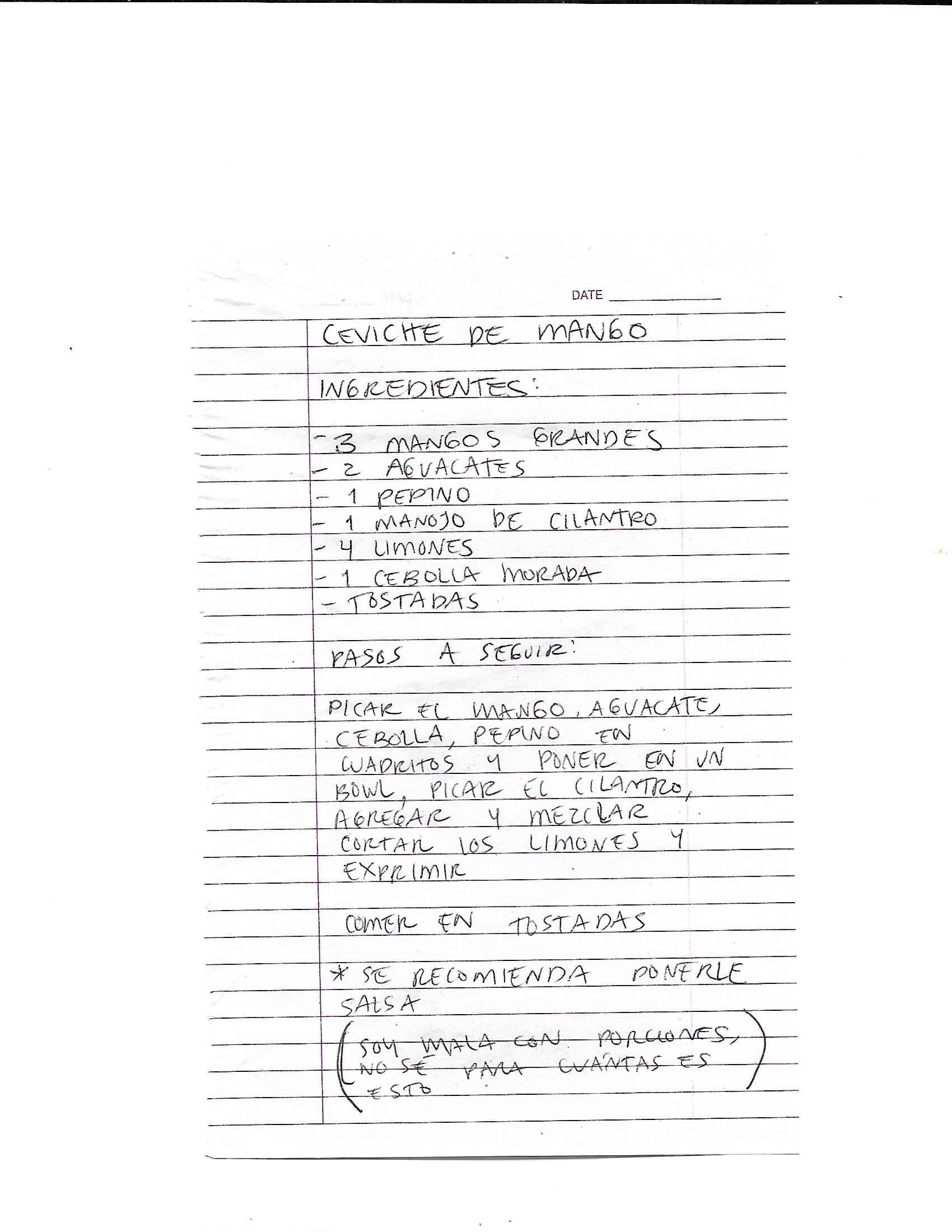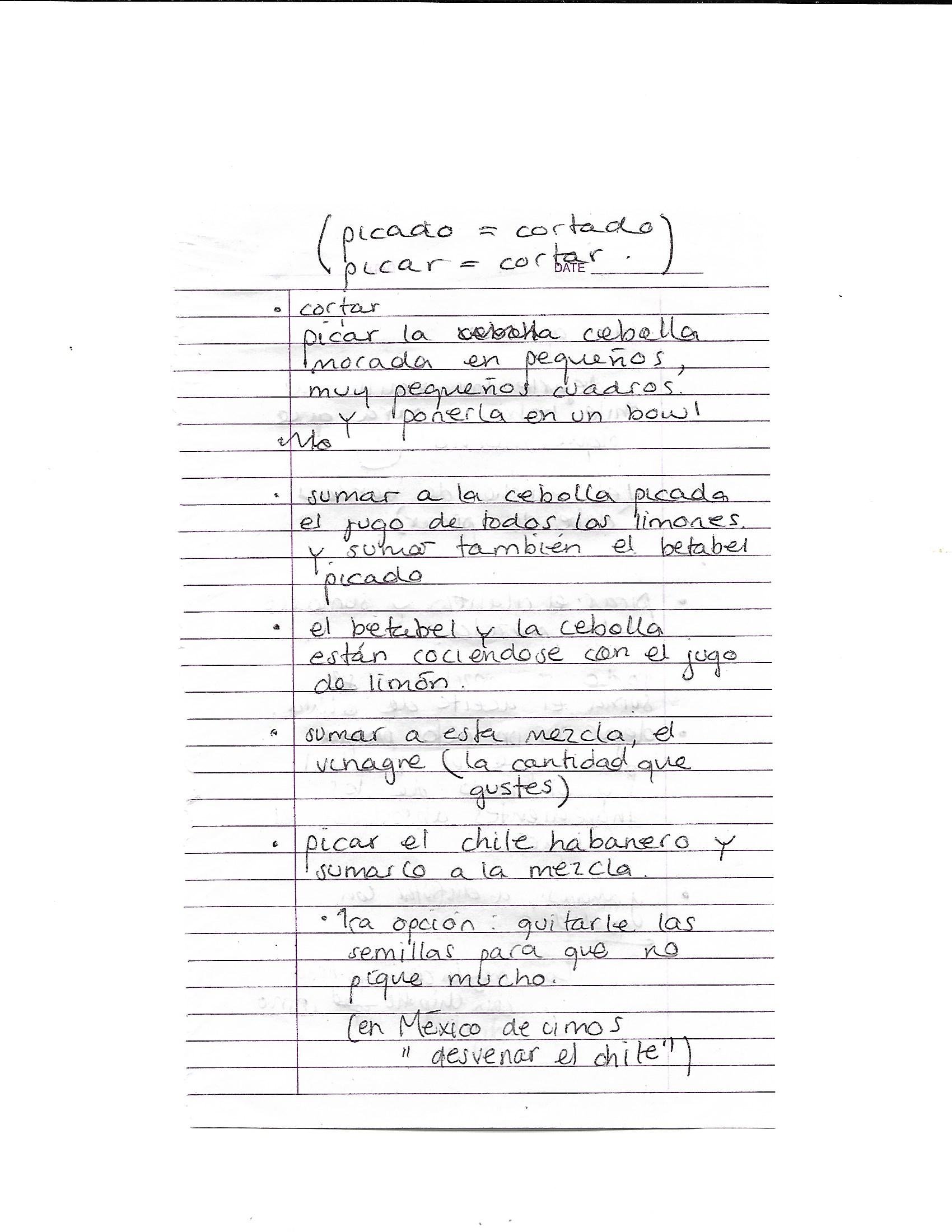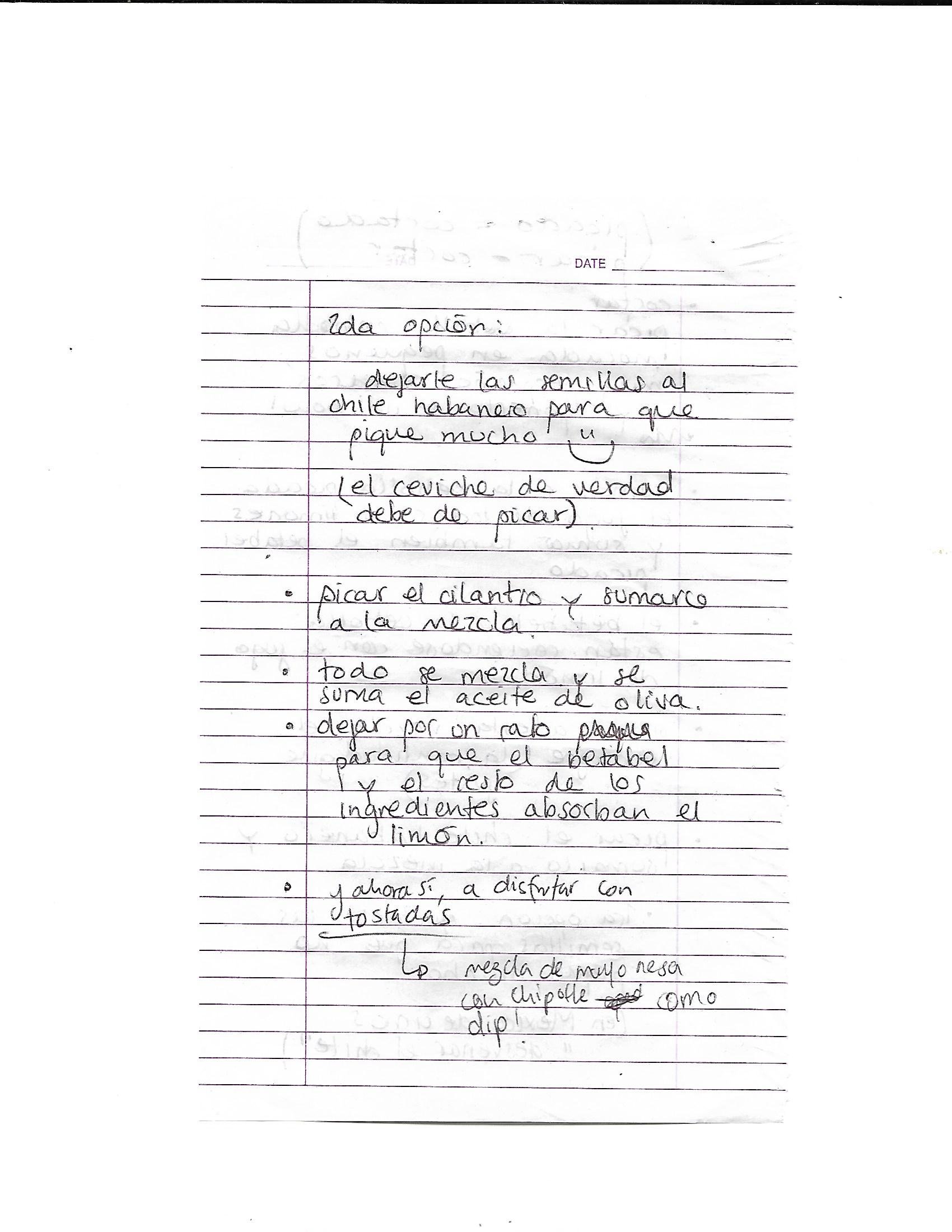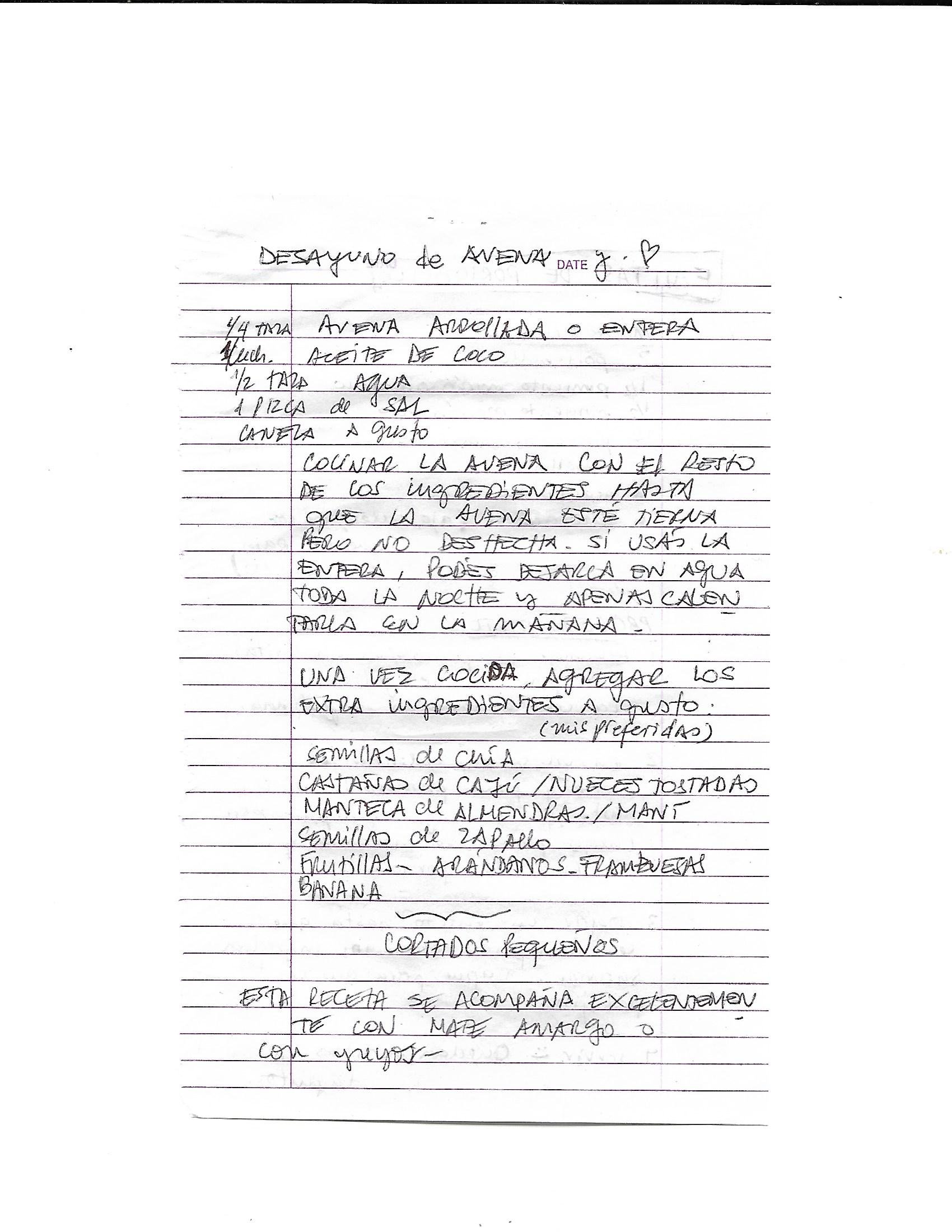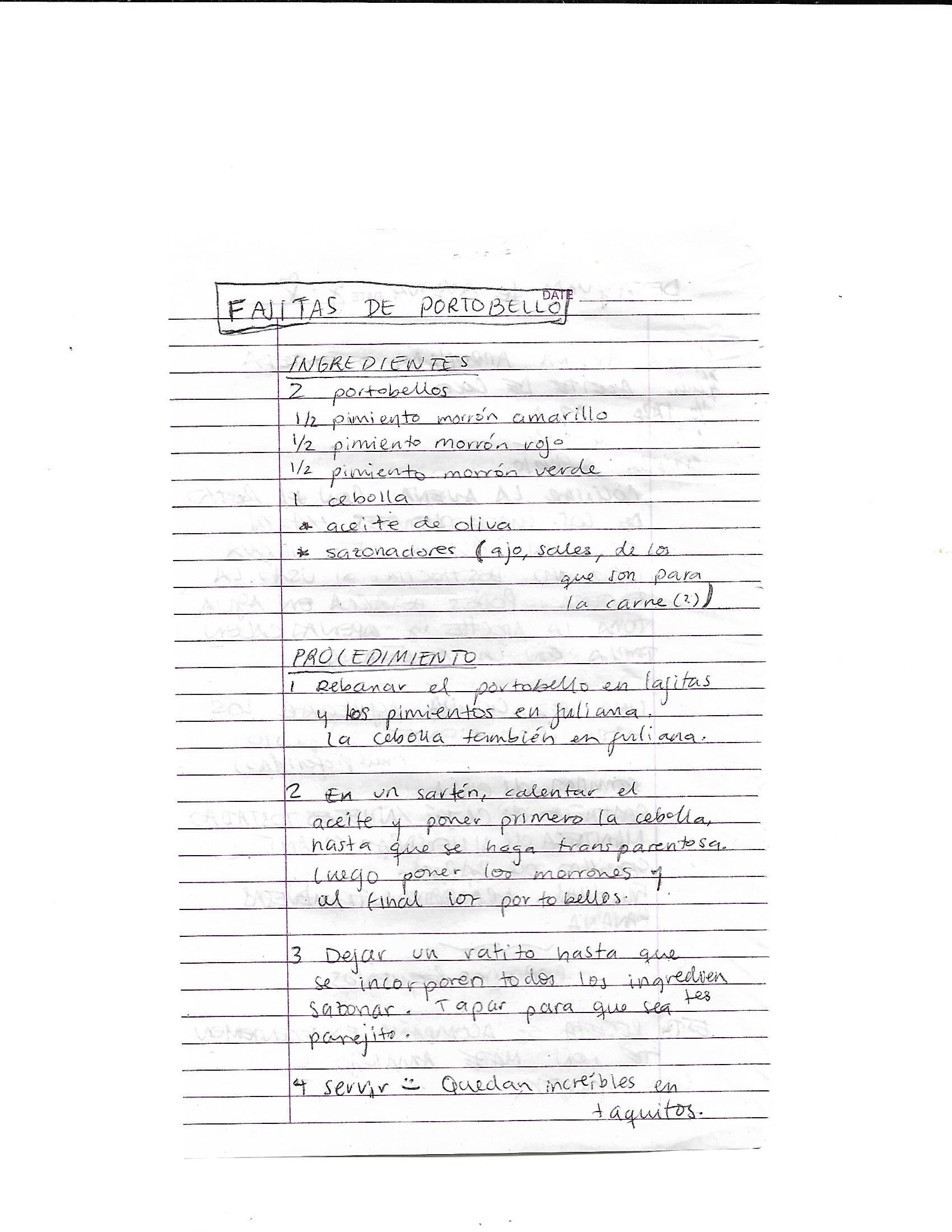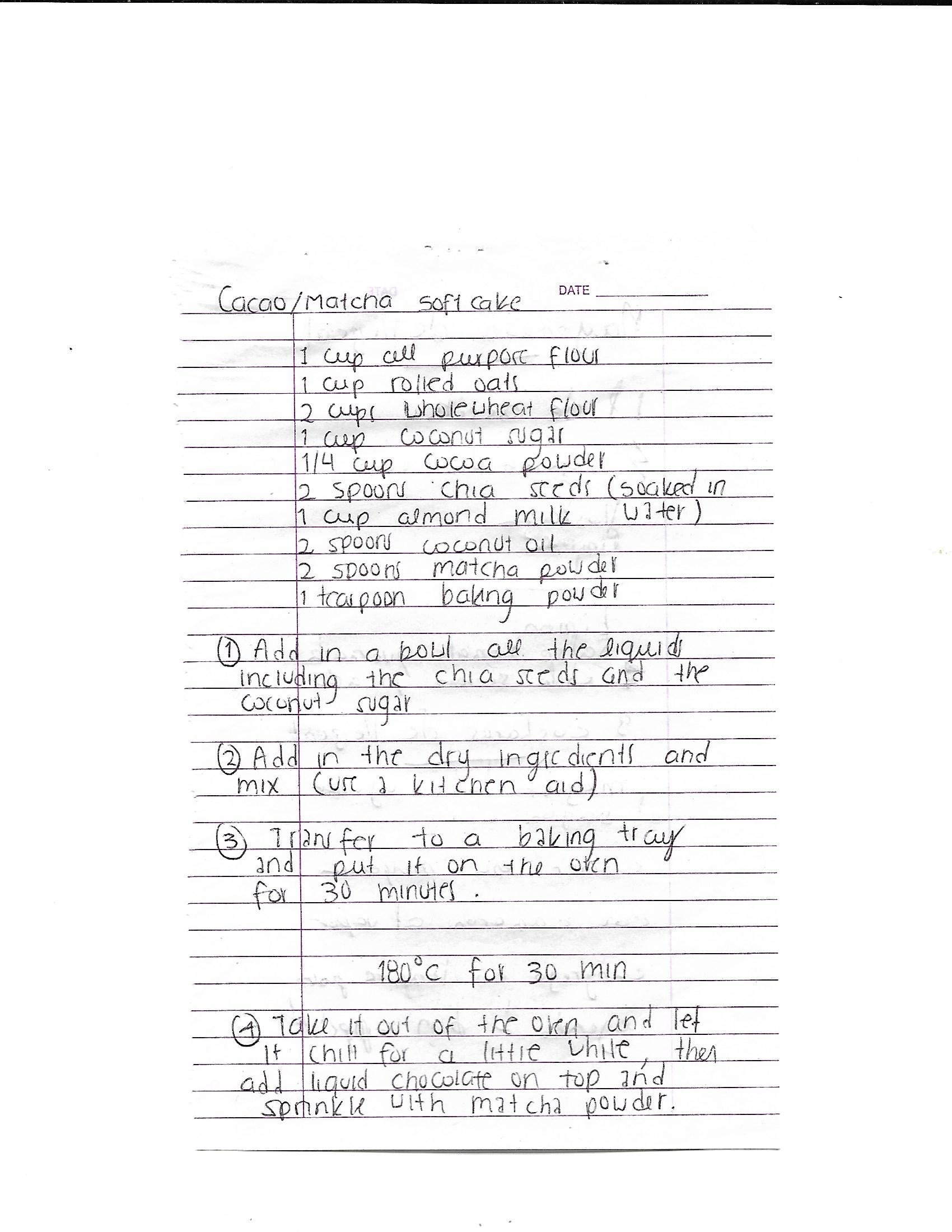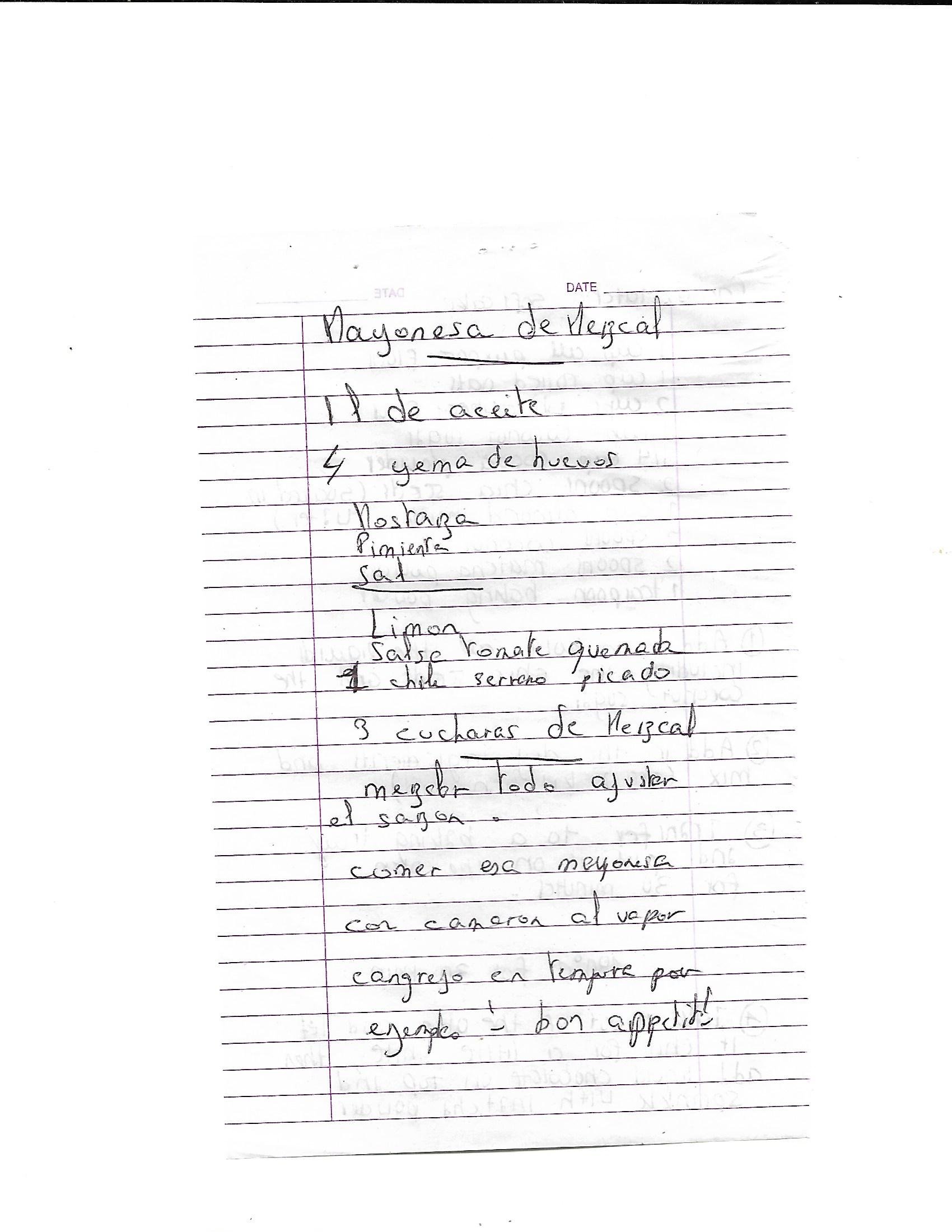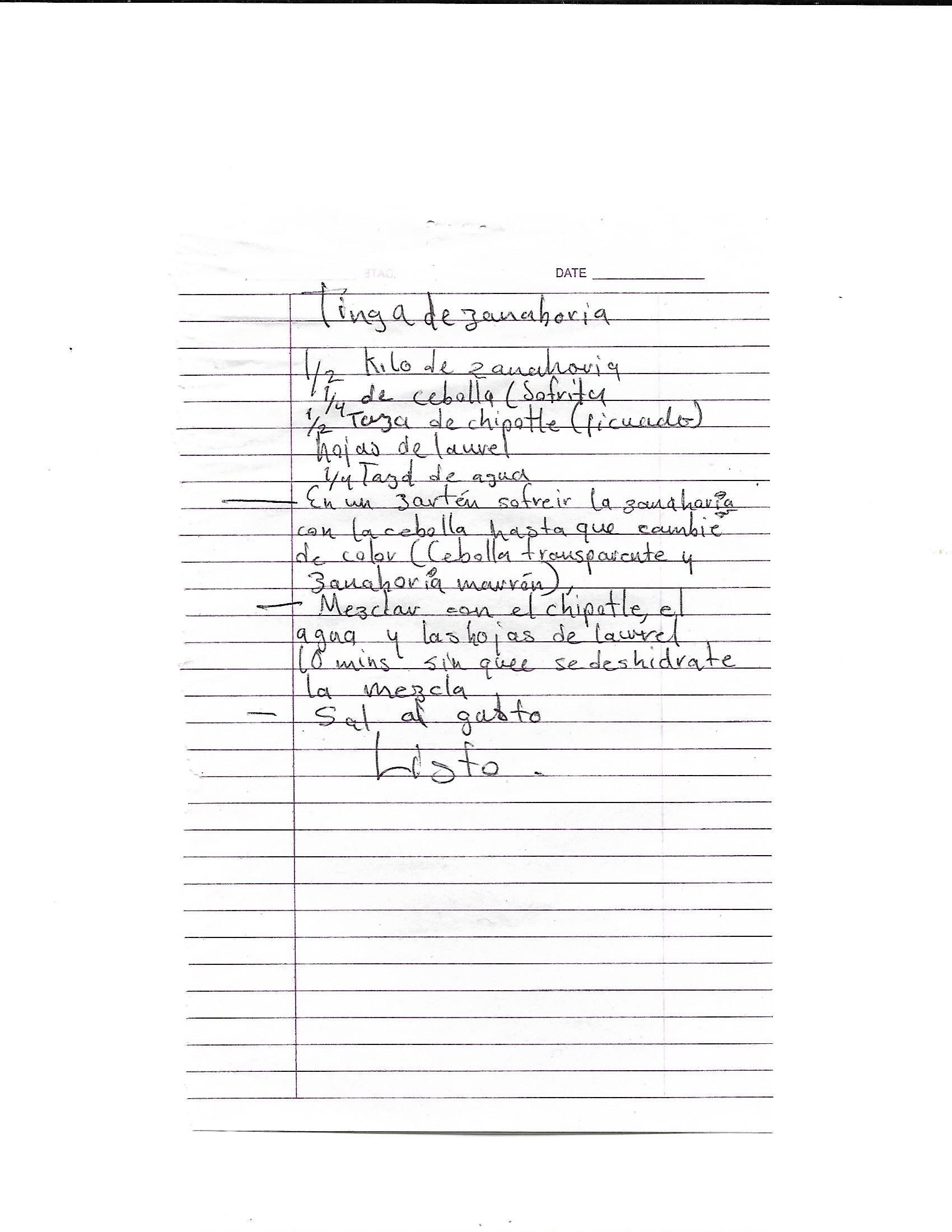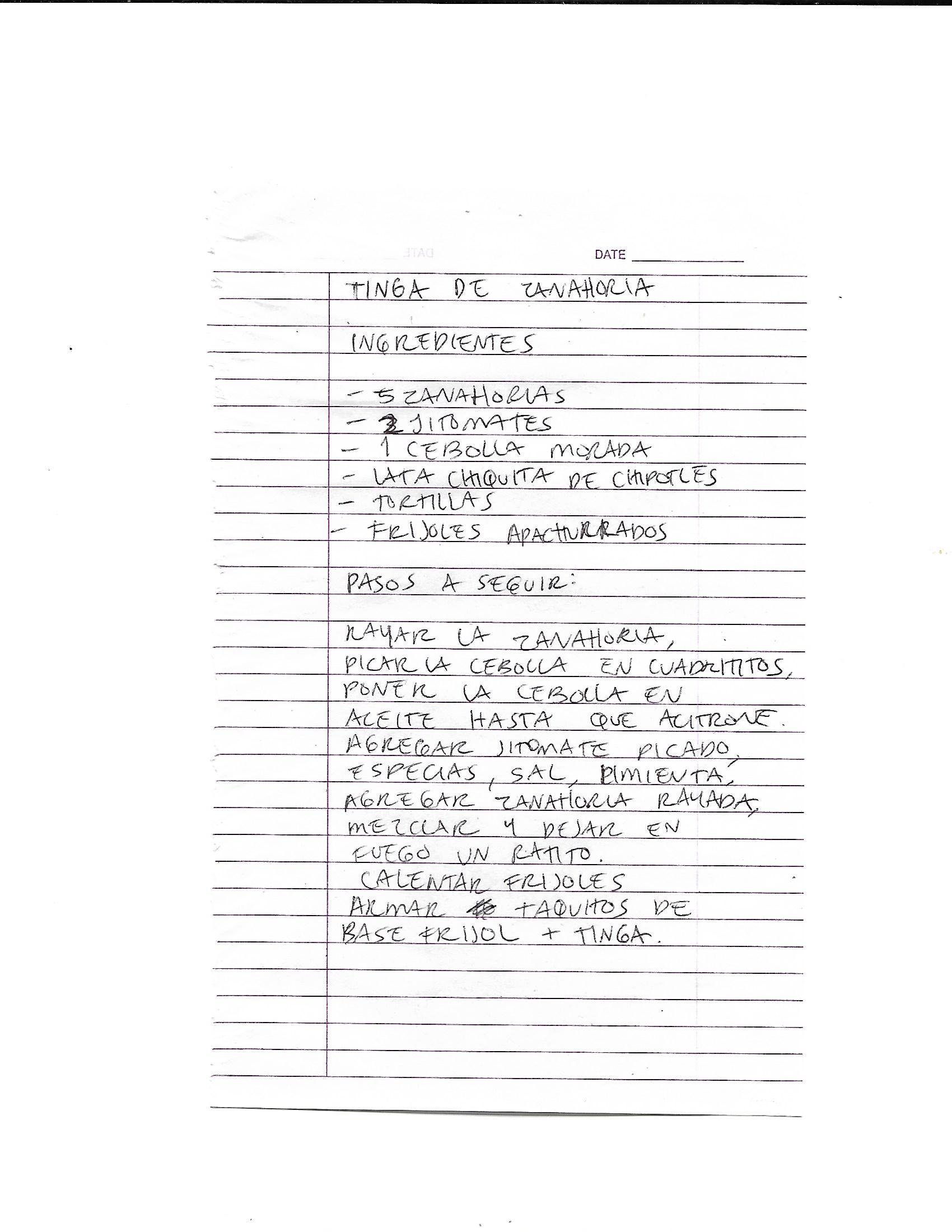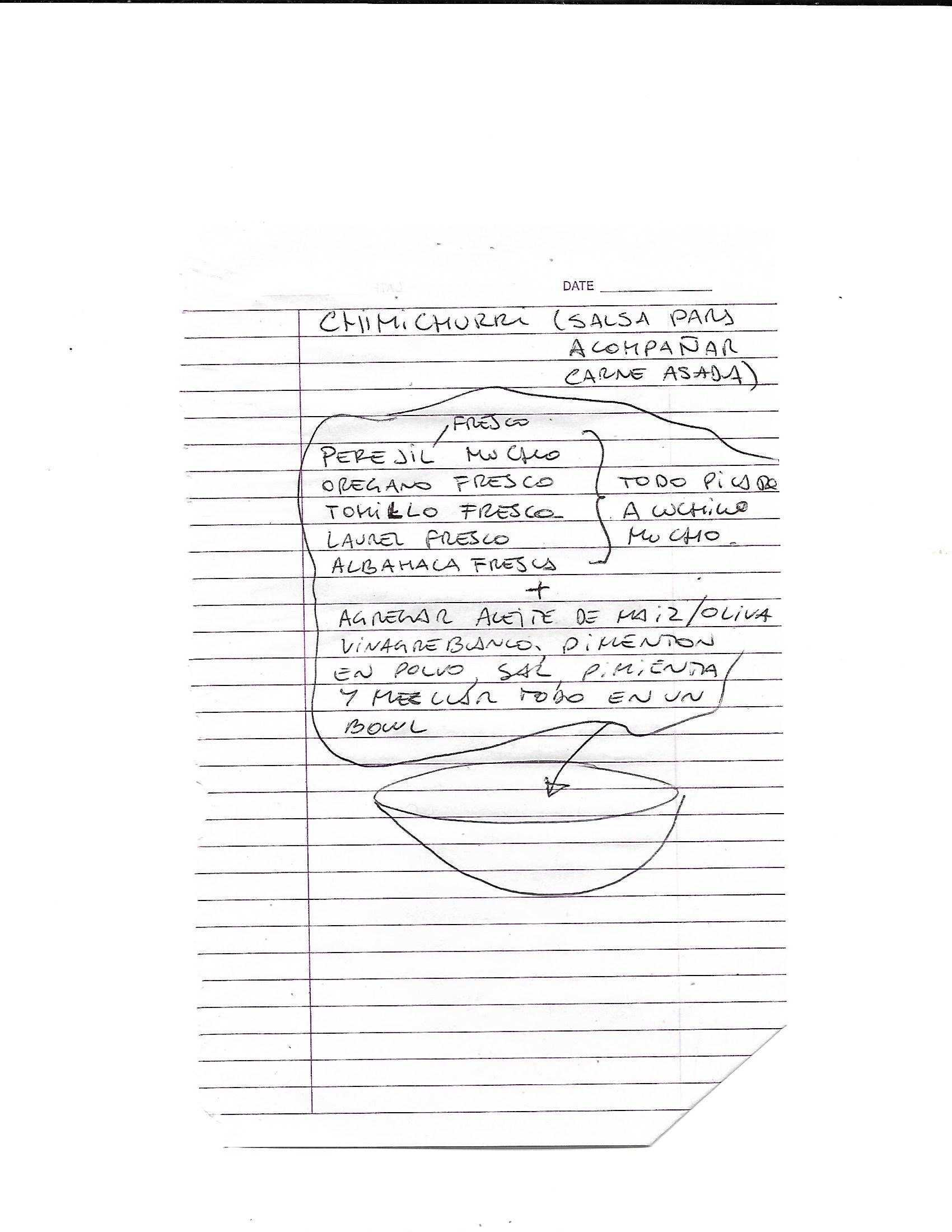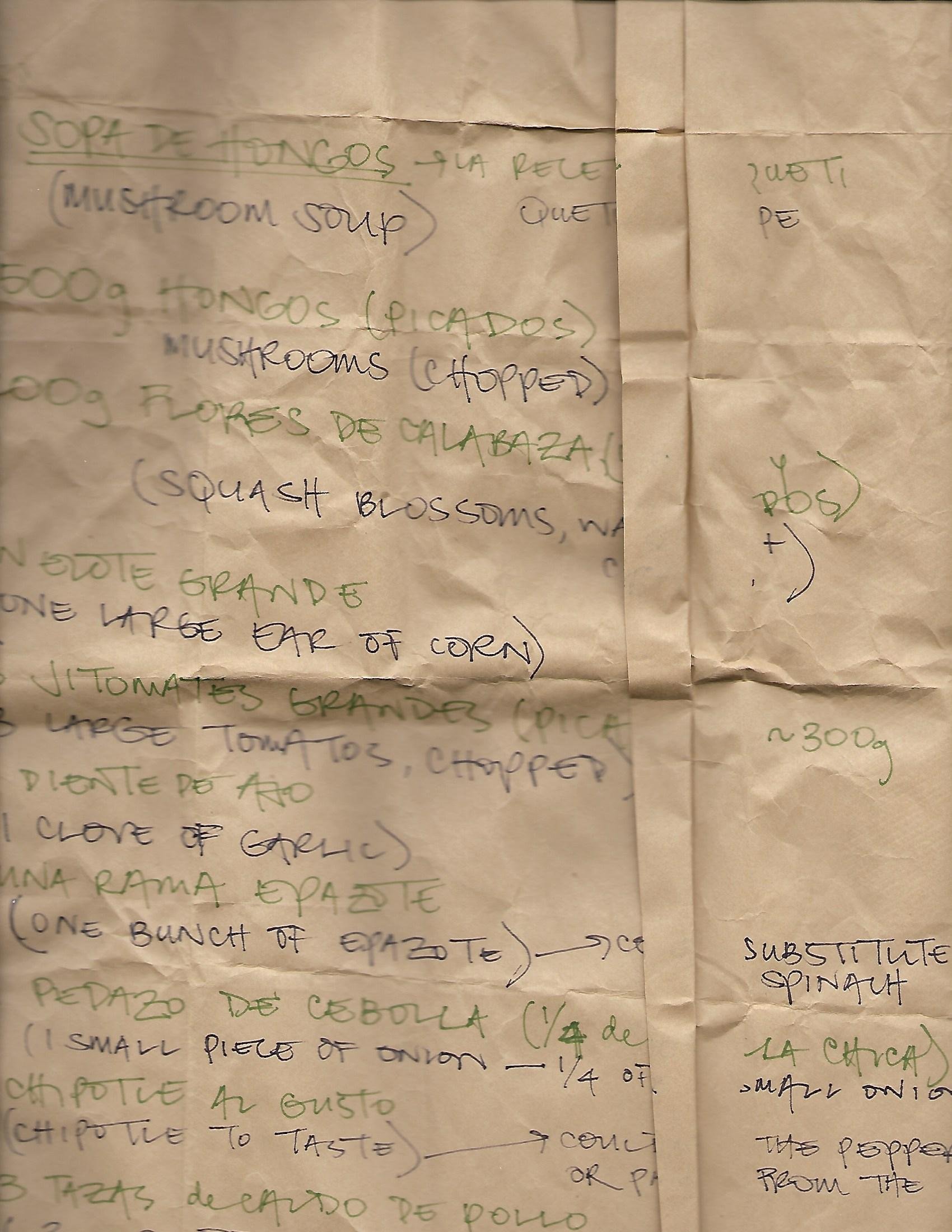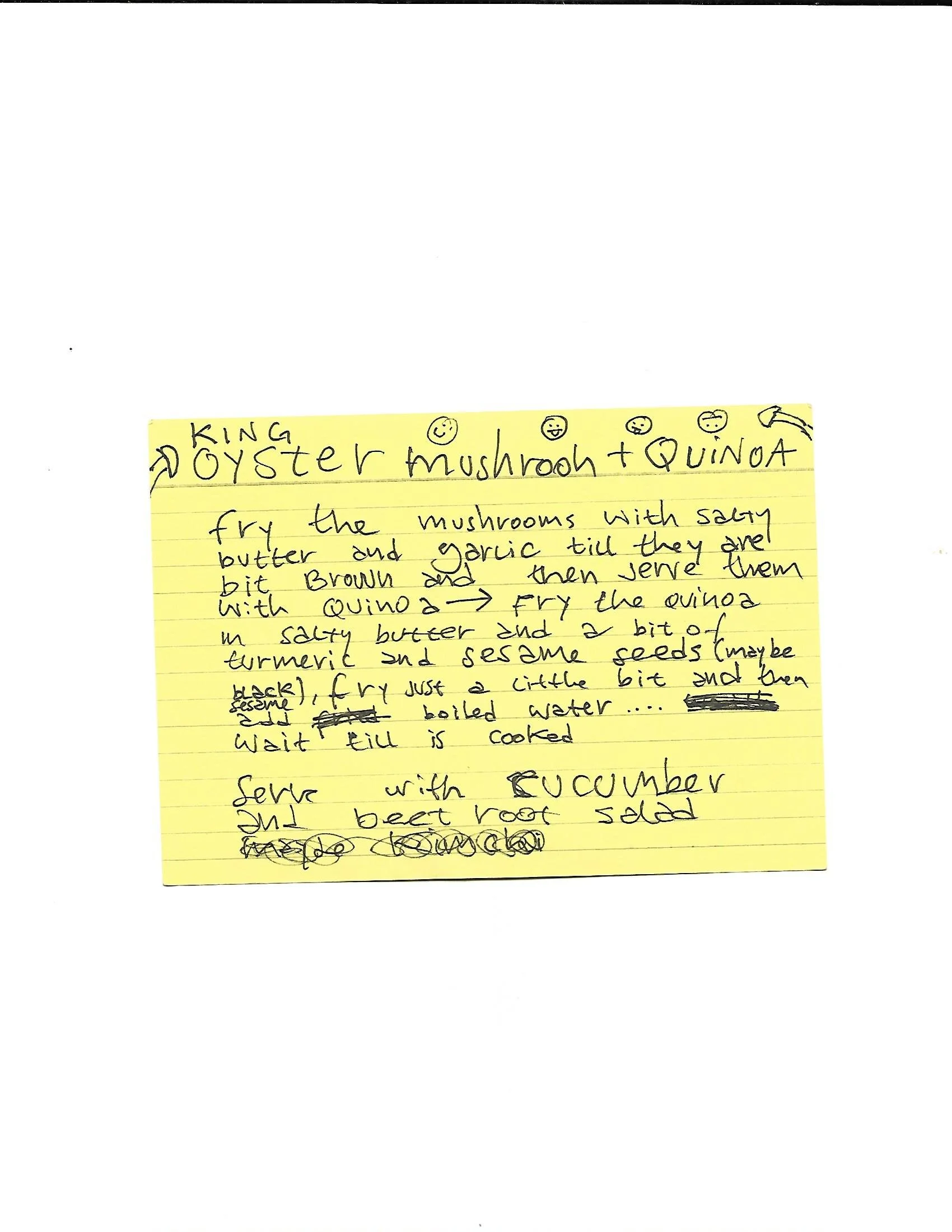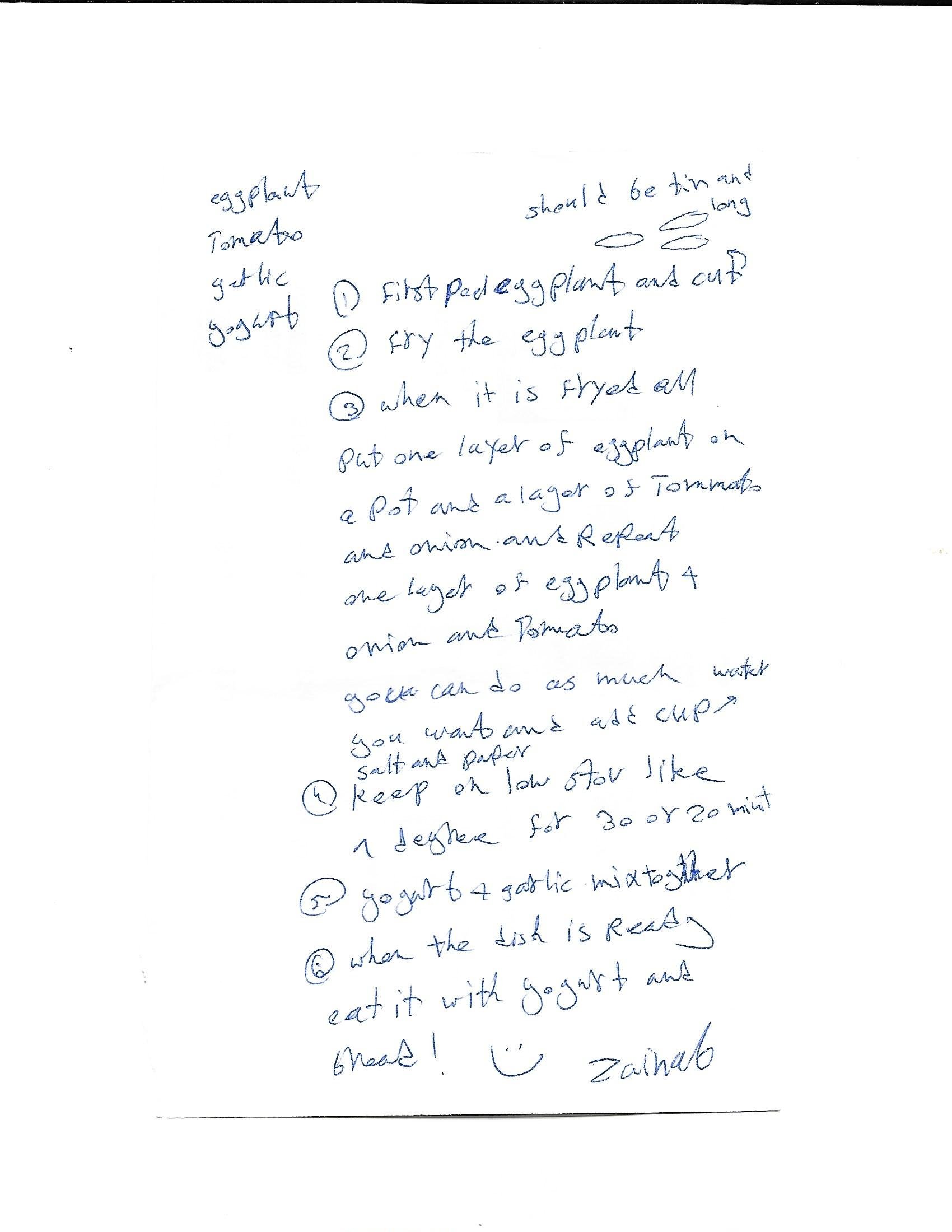Kitchen Codex, August 28 to October 2, 2021 at the Society of Northern Alberta Print-artists, curated by Christina Battle
Kitchen Codex is a site-dependent ongoing food-based project, collaborative social sculpture, and communal performance. Since 2015, Kitchen Codex has manifested, shared experiences, and collected recipes in various locations and contexts such as Guelph, Ontario, Berlin Germany, Sudbury, Ontario, Mexico City, Mexico, Malmö, Sweden, Vancouver, British Columbia, and most recently online via e-mail exchanges. Participants from the local community were asked to donate a personal recipe in any language in exchange for a Filipino meal which the artist normally prepares and serves. lately, the project had to shift to purchased Filipino snacks due to the limitations of gathering.
Using food as a vessel for sharing knowledge and as a means to view and reflect on personal and collective histories, the compiled recipes will later be printed into a textile cookbook. Co-authored by the local community, Kitchen Codex aims to bridge the ritual of communal eating and sharing cultural awareness through the digestion of history and the joint solidarity of cultural appreciation during times of socio-political divisiveness.
Alimentary
Patrick Cruz, Tsēmā Igharas, Amy Wong
Presented by Obrera Centro, Paz 15, col. Escandón, Mexico City, 2019 June 9, 15, 16, curated by Su-Ying Lee
The word “alimentary” relates to sustenance and nutrition. In this case, it refers to the transmission of cultural knowledge, the nourishment it provides, and the embodied wisdom of the tongue and gut. Alimentary includes the work of three Canadian artists working with food in relation to care, healing, sacred and ancestral knowledge, community and representation. The program took place over three separate events.
Alimentary is also metaphoric for the fear of “foreign” bodies. Recent science has positioned the gut as the second brain. Microbiologists have found a diverse range of organisms numbering in the hundreds of trillions living in the gut. Some might consider these to be parasitic or pathogenic organisms that are hitching a free ride on their host. It doesn’t benefit humans to consider ourselves separate from and threatened by these particular microbes. In fact, these organisms are considered to play a role in the regulation of mental and physical health. Belief in the falsehood that a bacteria-free existence is a superior one has lead to severe consequences. Antibiotics were successful in fighting infections early in their use. Now it is suspected that over-prescription of the drugs have destroyed bacterial cultures in the gut that are necessary for the support of immunity and digestion in many people. This segmented way of conceiving of a body’s constituent elements can be seen as parallel to the alienation and severing of entire groups of humans and more-than-humans from our realm of care.
In these projects by artists Patrick Cruz, Tsēmā Igharas and Amy Wing-Hann Wong participants consume food and, as a matter of course, enact societally engrained bodily knowledge—our movements and behaviors while eating and drinking with others reflect our cultures and traditions. Cruz’s, Igharas’s and Wong’s projects gather us to consider the body as a collective and the collective body thinking together, through culture(s) and through our first and second brains.




